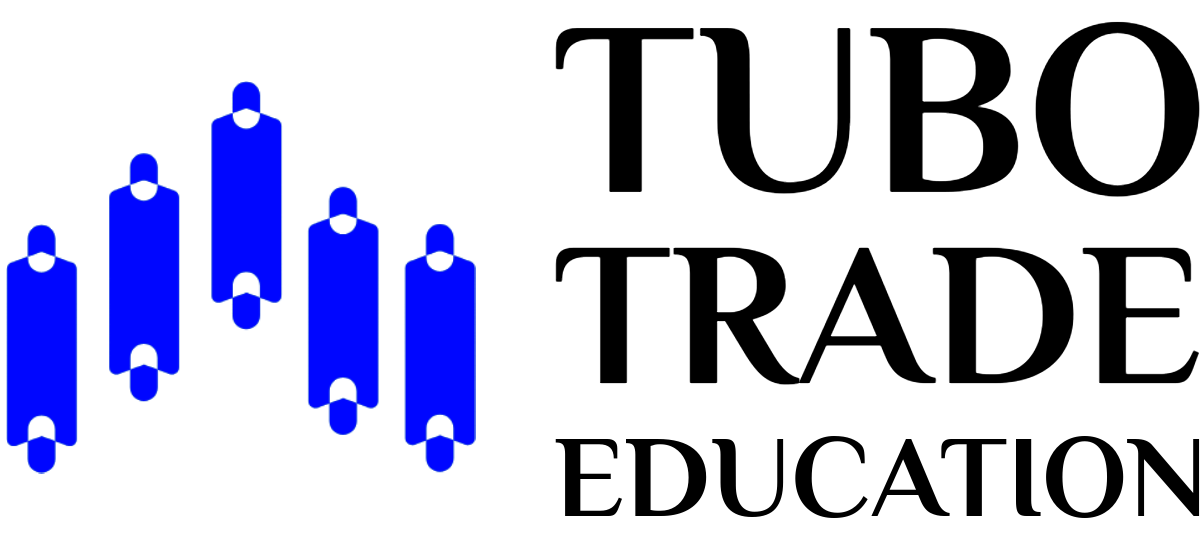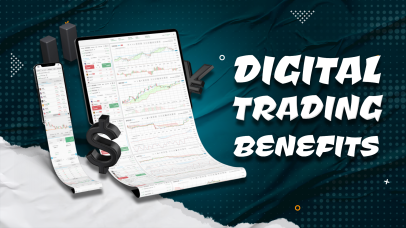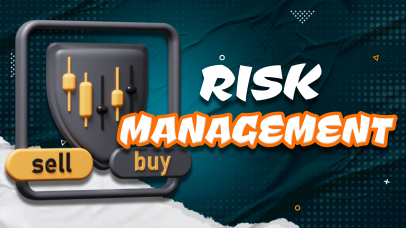Risk Management in Trading
Risk management is an essential aspect of trading that aims to minimize potential losses and ensure long-term profitability. Whether trading stocks, forex, commodities, or cryptocurrencies, effectively managing risk can mean the difference between consistent success and financial ruin. This article delves into the principles, strategies, and tools of risk management in trading, offering insights for both novice and experienced traders.




